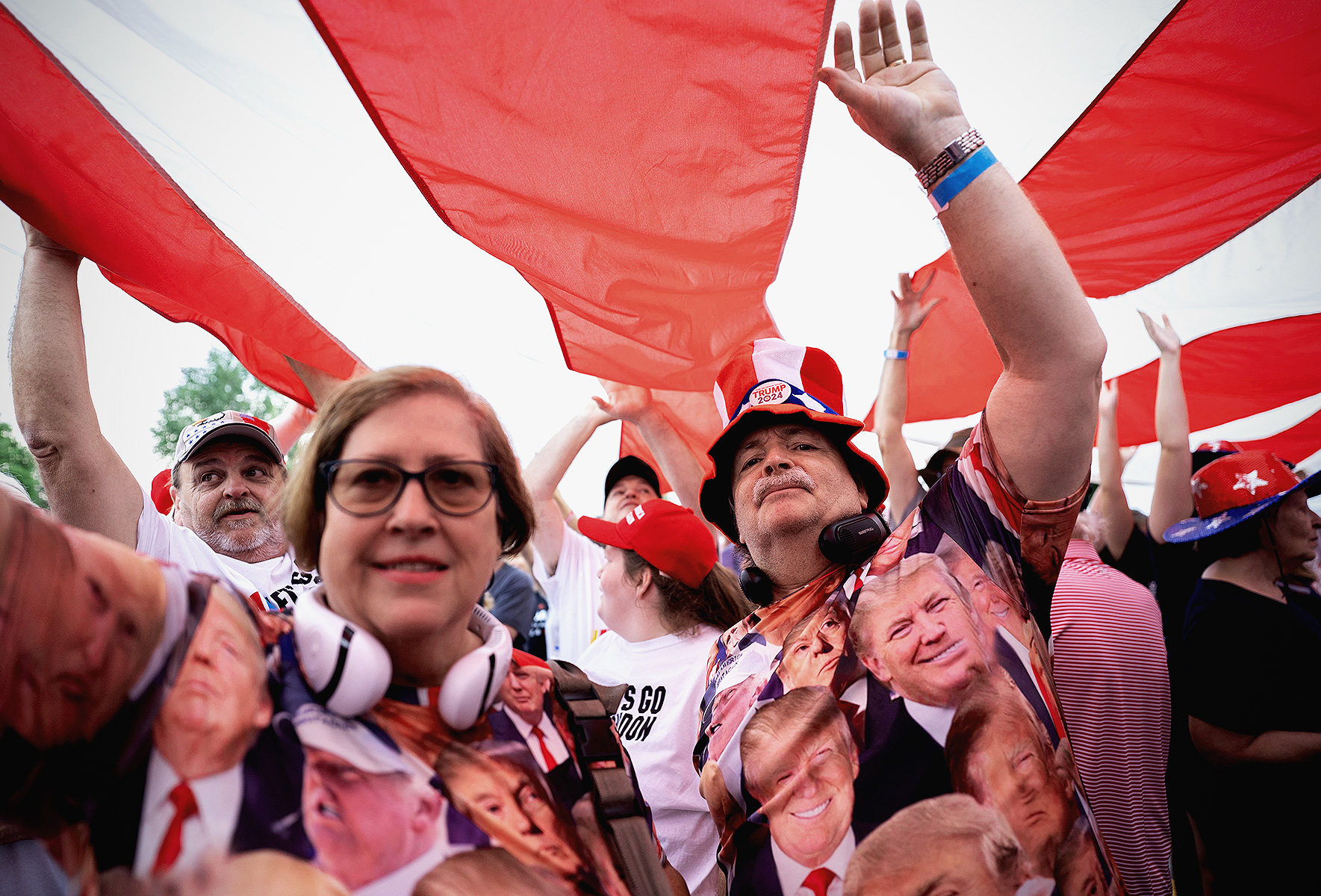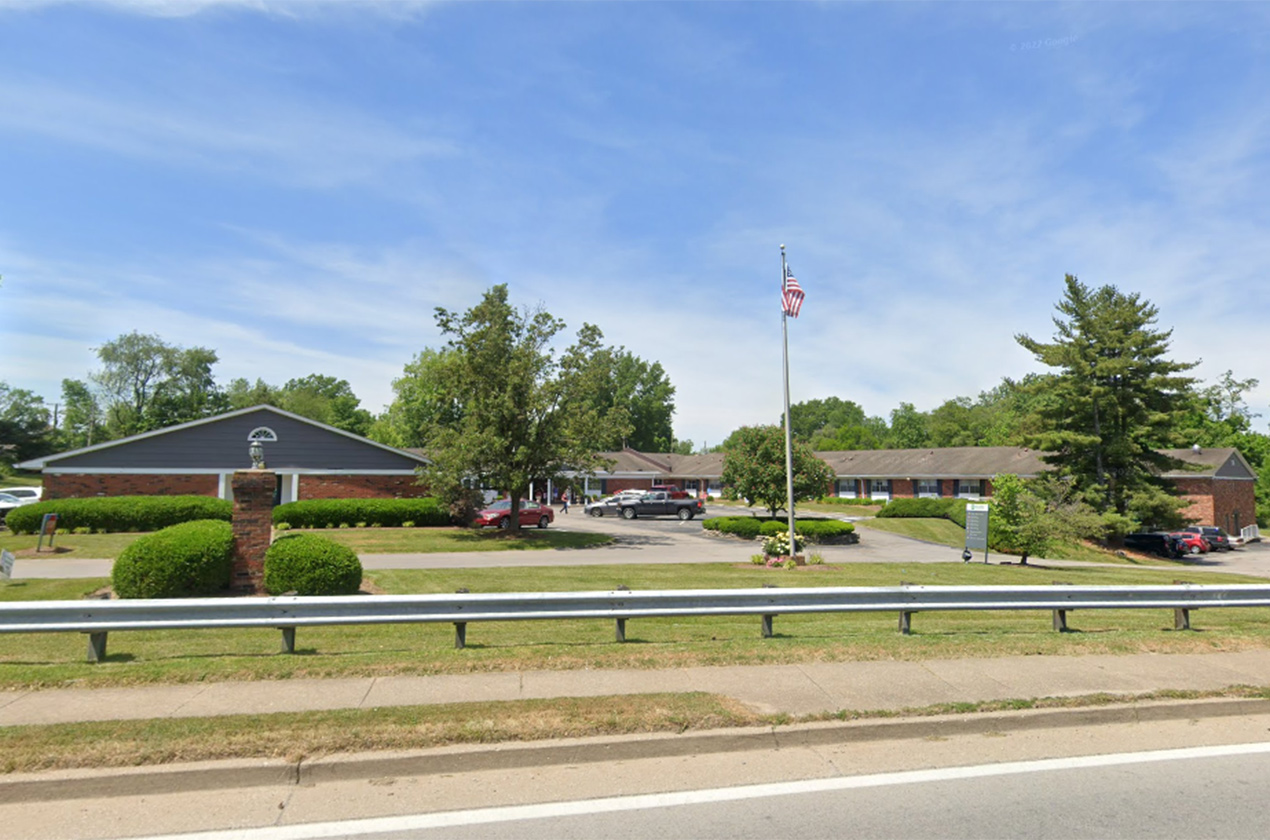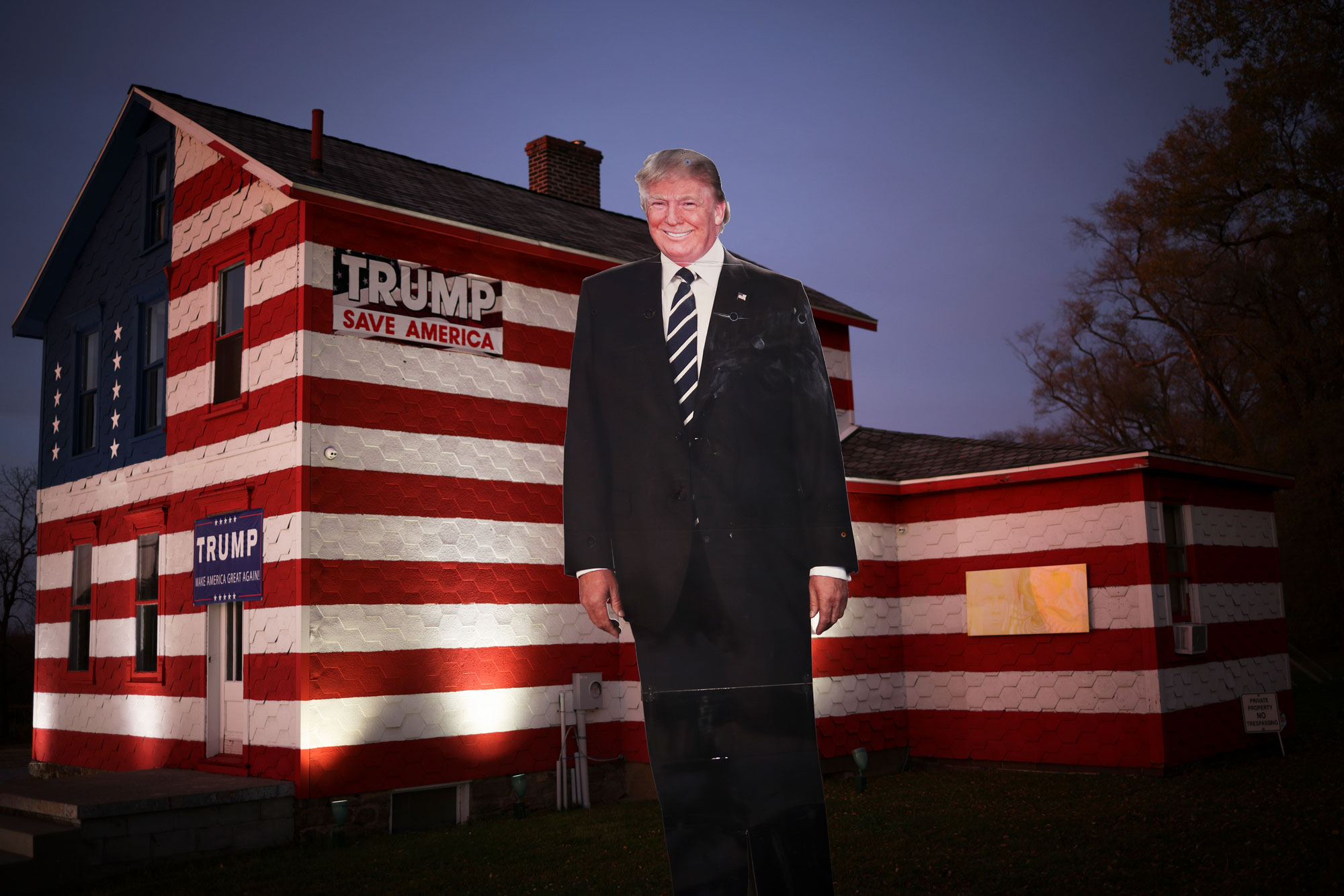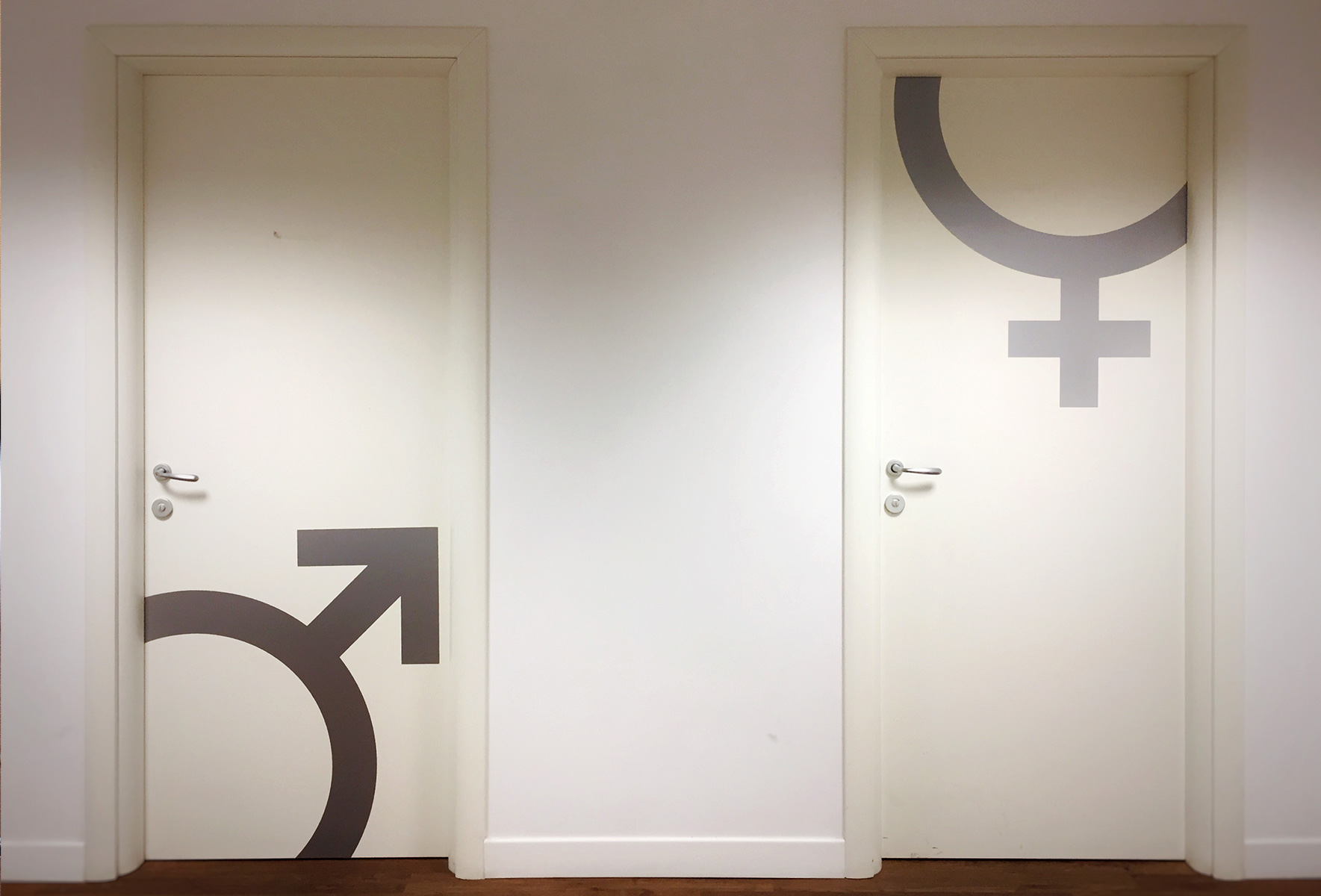Russian President Vladimir Putin has found himself in a difficult position after failing to eliminate the Wagner Group of mercenaries following their mutiny against his authority.
That assessment by the Institute for the Study of War (ISW) follows the leak of a document that purportedly shows the founding charter of the private military company established by Yevgeny Prigozhin.
The think tank said on Sunday that the document, dated May 1, 2014, may have been released to present the group as a "professional organization," as it lists rules for Wagner's combat in eastern Ukraine.
It outlined Prigozhin's role as group director, which included providing weapons, funding and guarantees for those killed or injured in combat. The document also emphasized how the mercenaries would not act against Putin or the Russian nation.

The think tank said the reason for the leak was unclear although it could be an attempt to "rehabilitate Wagner's image," following the rebellion on June 24 in which it seized military facilities in the southern city of Rostov-on-Don and marched on Moscow.
The ISW said it makes Wagner "look professional and appealing in comparison with the regular Russian military."
A deal to call off the mutiny was reportedly brokered by Belarusian President Alexander Lukashenko and purported to see Prigozhin exiled to Belarus, where some of his fighters were expected to follow. But Prigozhin's current whereabouts remain a mystery, with Lukashenko saying last week that he was not in Belarus.
With neither Prigozhin nor his fighters facing any legal action for their challenge to Russia's military establishment, questions remain over why the Wagner founder is a free man.
Russian security services expert Yuri Felshtinsky told Newsweek he had expected Putin to have reacted to the mutiny in a similar way to his often-quoted comment in September 1999—before he took over the presidency—of a strong response to Chechen terrorists he blamed for the destruction of a Moscow building, killing 119.
"He said, 'we'll wipe them out in the toilet.' That's what you would expect from Putin in relation to Prigozhin's activity," Felshtinsky said. "But when he came back to Moscow, he didn't say that they would be put in prison. He basically said that the Wagner the group will be allowed to exist in any form as they choose."
Felshtinsky, whose latest book is called Blowing up Ukraine: The Return of Russian Terror, said the rebellion may have been a stand-off between Russia's principal security agency, the FSB, and Putin.
"This was not a Putin who was able to punish him—this was definitely a different Putin."
Citing Western intelligence, French newspaper Liberationreported on Saturday that Prigozhin had been in Moscow since July 1 where he met with Putin, the National Guard chief Viktor Zolotov and director of Russia's foreign intelligence service, Sergei Naryshkin.
Newsweek has emailed the Kremlin for comment.
The ISW said that Putin's decision to not "rapidly dispose" of the Wagner Group and prosecute those who took part in the mutiny is placing him and his subordinates "in an awkward position."
Wagner is still reportedly recruiting in Russia, while the Russian Ministry of Defense seeks to get Wagner fighters to sign MOD contracts.
However, the situation "is making it difficult for Putin and other Russian power players to know how to interact with the Wagner Group and its leaders and fighters," the ISW said.








